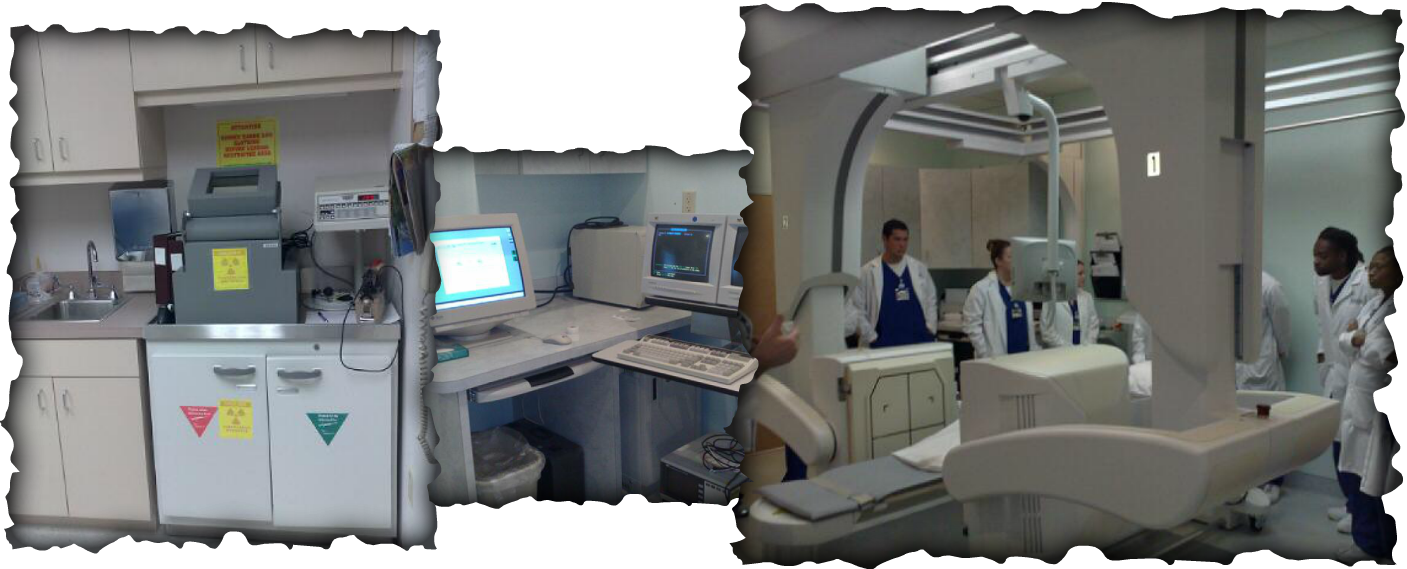As the field of nuclear medicine burgeons with innovation and sophistication, the prospect of obtaining an international scholarship to further one’s studies in this essential discipline becomes an alluring opportunity. Securing such a scholarship is a multifaceted process that not only demands academic excellence but also a strategic approach to application and networking. This article delineates the intricate steps involved in pursuing an international nuclear medicine scholarship, while also addressing the underlying motivations that drive candidates towards this specialized career.
1. Understanding the Landscape of Nuclear Medicine
Before embarking on the journey to obtain a scholarship, it is imperative to grasp the fundamentals of nuclear medicine. This subspecialty melds the principles of nuclear physics with clinical practice, utilizing radioactive materials in diagnostics and therapeutics. The efficacy of this field in managing various diseases—especially malignancies—spurs fascination. Furthermore, the potential for groundbreaking research in personalized medicine makes nuclear medicine an exciting frontier. Candidates must immerse themselves in relevant literature and contemporary studies to contextualize their aspirations within the field.
2. Identifying Scholarship Opportunities
The quest begins with comprehensive research on potential funding sources. Numerous institutions, governmental organizations, and private foundations offer scholarships dedicated to nuclear medicine. International associations such as the World Nuclear Association and the International Atomic Energy Agency often provide financial support for deserving candidates globally. Furthermore, universities with esteemed nuclear medicine programs may have their scholarship schemes. Candidates should strive to compile a list of available scholarships, including eligibility criteria, application deadlines, and required documentation.
3. Meeting Academic and Professional Prerequisites
Most scholarships necessitate strong academic credentials, with a focus on coursework relevant to nuclear medicine, physics, and biology. High grades in science classes pave the way for a competitive application. Additionally, applicants often need to demonstrate practical experience, which can be obtained through internships or volunteer work in hospitals or research laboratories. This hands-on exposure not only enriches knowledge but also enhances the candidate’s resume, making them an attractive prospect for scholarship committees.
4. Crafting an Impressive Curriculum Vitae
A meticulously curated curriculum vitae (CV) serves as a crucial component of any scholarship application. This document should eloquently present the candidate’s academic achievements, research experience, professional memberships, and relevant volunteer activities. Highlighting publications, presentations, or projects in the field of nuclear medicine can distinguish the applicant from peers. Moreover, it is essential to tailor the CV to reflect the specific goals and values aligned with the scholarship institution, demonstrating both passion and foresight.
5. Writing a Persuasive Personal Statement
The personal statement is not merely a narrative of one’s achievements; it is an opportunity to articulate motivations, aspirations, and the overarching impact one hopes to make within the realm of nuclear medicine. Applicants should illuminate their passion for this field, recount seminal experiences that have shaped their interest, and indicate long-term professional goals. Effective storytelling, coupled with sincere reflection on personal goals, can render a compelling personal statement that resonates with scholarship evaluators.
6. Securing Strong Letters of Recommendation
Letters of recommendation play an indispensable role in the application process. These testimonials should come from individuals who can vouch for the candidate’s academic aptitude and character—such as professors, research advisors, or supervisors in healthcare settings. Candidates should provide recommenders with detailed information about the scholarship and why they are applying. This context allows recommenders to tailor their letters accordingly, thereby strengthening the application.
7. Preparing for Interviews
Some scholarship programs may necessitate an interview as part of the selection process. Preparation is key. Candidates should anticipate questions regarding their interest in nuclear medicine, their understanding of current issues in the field, and their future plans. Engaging in mock interviews can bolster confidence and clarity. Furthermore, it is paramount to exhibit professionalism and enthusiasm during the actual interview, as these traits reflect the candidate’s suitability for the scholarship.
8. Engaging with the Nuclear Medicine Community
Networking within the nuclear medicine community can provide invaluable insights and connections that may facilitate scholarship opportunities. Actively participating in conferences, workshops, and professional organizations allows candidates to build relationships with established professionals, gain mentorship, and obtain guidance on career trajectories. Social media platforms and academic forums dedicated to nuclear medicine can also serve as effective tools for engagement.
9. Following Up and Expressing Gratitude
After submitting applications, it is prudent to follow up respectfully with the scholarship committees. A brief email expressing appreciation for the opportunity to apply and reiterating enthusiasm for the program can leave a positive impression. Additionally, regardless of the outcome, expressing gratitude towards recommenders and mentors is essential. Such gestures foster goodwill and maintain relationships for future endeavors.
Conclusion
Obtaining an international nuclear medicine scholarship is a challenging yet rewarding endeavor. It requires diligence in research, a solid educational foundation, and effective communication of one’s aspirations. The allure of nuclear medicine, combined with the potential to contribute to its advancement, drives countless candidates to pursue this path. By navigating the scholarship application process with an informed and strategic approach, aspiring nuclear medicine professionals can position themselves for success, propelling their careers to new heights.












